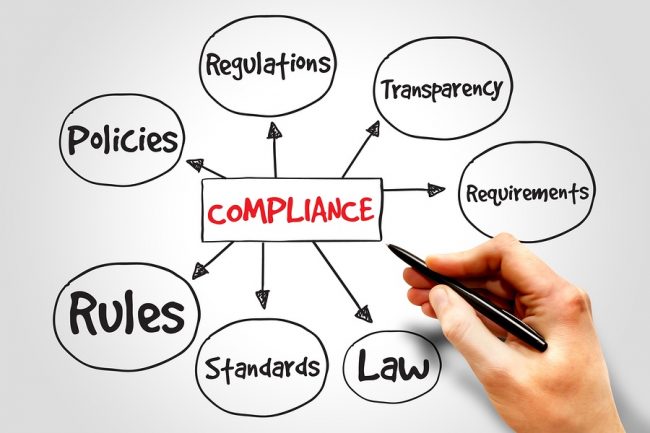GDPR Drives Debate Over Prescriptive Versus Outcomes-Based Compliance
With GDPR now in full effect, many companies are scrambling to navigate issues the regulations have created for them, and one question is now being more pointedly discussed by many globally: is prescriptive or performance-based regulation better, specifically where personal data is concerned? The Prescriptive Approach The US and Australia both have a more prescriptive…










